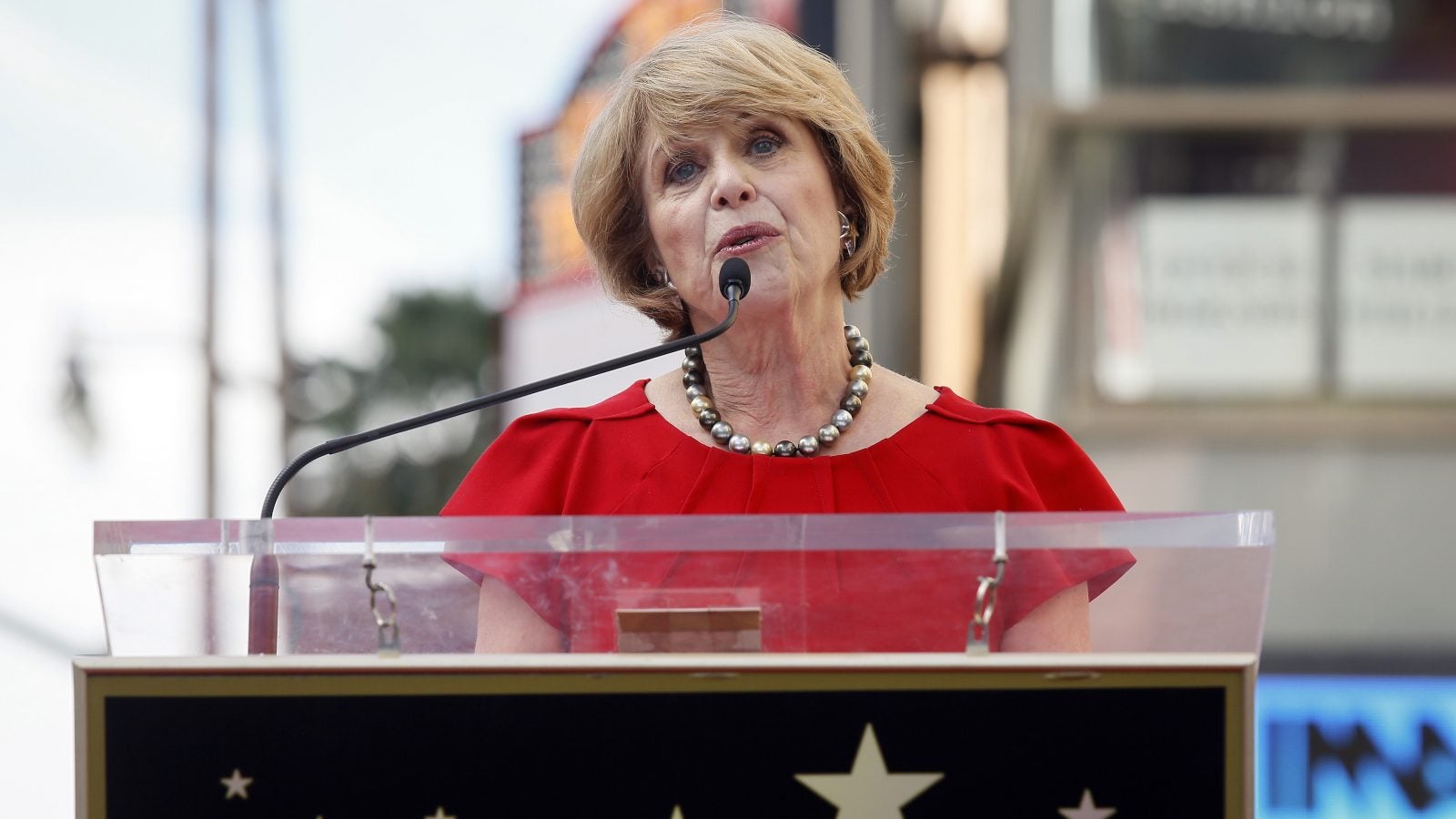Gambling, oil, and airlines: The latest crop of billionaires pledging to donate more than half their wealth
Rich people have been patronizing the arts, building churches, and helping “the poor” for centuries. But the Giving Pledge, set up by Bill and Melinda Gates and Warren Buffet in 2010 to persuade anyone with a billion in net assets to fund so-called good causes, has had an effect. Fourteen new signatories were announced today; many of those billionaires are self-made and all promised to give away at least half their fortunes.


Rich people have been patronizing the arts, building churches, and helping “the poor” for centuries. But the Giving Pledge, set up by Bill and Melinda Gates and Warren Buffet in 2010 to persuade anyone with a billion in net assets to fund so-called good causes, has had an effect. Fourteen new signatories were announced today; many of those billionaires are self-made and all promised to give away at least half their fortunes.
Estimates of net worth are available, mostly from Forbes, for eight of the 14 new signatories. These add up to a total of $14.3 billion. If those eight gave half their wealth now (they’ve all pledged to give half or more, now or in their respective wills), that would mean $7.15 billion flowing into philanthropic causes.
The 14 made their money in a variety of ways, from fishing to finance:
Leonard H. Ainsworth made his fortune in gambling machines, after setting up Aristocrat Leisure in 1953. The Australian businessman has an estimated net worth of $1.1 billion.
Mohammed Dewji, Tanzania’s only billionaire with an estimated net worth of $1.39 billion, runs METL Group—a conglomerate founded by his father that operates in 11 African countries, with businesses in textiles, flour, beverages and edible oils. He says: “In retrospect, many of us have well above what we need while constantly accruing a list of what we want in this life. We all have a moral obligation as the more affluent in society to give back as best we know how.”
Dagmar Dolby’s husband, Ray Dolby, founded Dolby Laboratories, the creator of well-known audio systems. She and her husband, who lived in San Fransisco, agreed to give away the majority of their $3.6 billion in wealth before he died in 2013.
Dr. Dong Fangjun, from China, is chairman of Dongfang Huiquan Financial Holdings Ltd, which operates in the investment sector.
Anne Grete Eidsvig and Kjell Inge Røkke, with joint wealth of $2.7 billion, started with a fishing business in 1982 and developed Aker ASA, a Norwegian holding company with its main stakes in oil and gas, maritime assets, and marine biotech.
Stelios Haji-Ioannou founded the low-cost airline Easyjet. The son of a Greek Cypriot shipping magnate, he’s worth about $1.29 billion.
Nick and Leslie Hanauer. Nick was the first non-family investor in Amazon.com, and founded aQuantive, a digital advertising agency that he sold to Microsoft for $6.3 billion (most of which it lost.)
Iza and Samo Login, reportedly Slovenia’s richest couple, together founded and ran Outfit7, an entertainment company that was sold to an Asian consortium this year for $1 billion.
Dean and Marianne Metropoulos made their fortune through private equity firm Metropoulos & Co, which had notable successes with buyouts of snack food and drinks companies. Based in the US, they have a net worth of about $2.5 billion.
Terry and Susan Ragon, also from the US, are worth about $2.2 billion. Terry founded InterSystems in 1978 and still owns and runs the business, which makes software used by hospitals and banks. Susan is vice president of finance, administration, and recruitment at the company, having joined in 1985.
Nat Simons and Laura Baxter-Simons have worked together in finance for 20 years, and are chairman and general counsel, respectively, at Meritage Group, an investment management firm. They’ve also co-founded a private foundation that gives tens of millions of dollars to combat climate change. Nat’s father, also in finance and philanthropy, accumulated a fortune of $14 billion.
Robert Frederick Smith, a US investor, has pledged to give away part of his $2.5 billion net worth. The son of academics, he founded Vista Equity Partners in 2000 after leaving Goldman Sachs.
You Zhonghui is chairwomen of Seaskyland, a Chinese company that provides services, like exam assessment technology, to education providers.
The pledge now has 168 signatories including Richard and Joan Branson, Mark Zuckerberg and Priscilla Chan, and Elon Musk.
This post has been updated to include a reference to Forbes as the source of the billionaires’ wealth estimates.